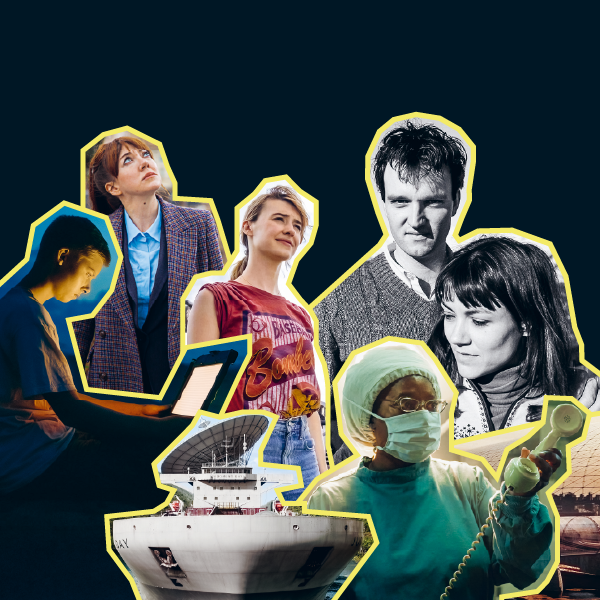Digitale21 – Education and employment in transition
Digitisation is making profound changes to education and employment

Image: Valérie Chételat
Digitisation doesn’t ask who or what we are. And there shouldn’t be any fear of contact between business and science. But what can we do to ensure that the whole Swiss workforce is ready for the digital revolution? These issues will be debated at #digitale21, a multi-day symposium to be held in Lugano in April 2018. People from the worlds of education, science and work will come together to discuss how education can meet the challenges that are going to confront us all.
The Swiss Academies of Arts and Sciences will be the network partner for #digitale21, offering a necessary platform for interaction in the hope that the resultant interdisciplinary dialogue will provide added value for everyone. It is essential for there to be widespread teaching of the so-called MINT subjects – that’s maths, IT, the natural sciences and technology. Everyone in society should have at least a basic understanding of digitisation; in a best-case scenario, people could even acquire specialised knowledge in it. Cooperation between public and private stakeholders should ensure that vocational training programmes include content that the market needs. Such collaborations in further education could help people to acquire the agility in the market place that is urgently needed. Universities should also increasingly impart practical knowledge from the world of work; and, conversely, scientific and scholarly knowledge should continue to lead to practical innovation.
The future will bring many challenges, but also many opportunities that we can succeed in realising if we have the commitment of all actors involved. The first step in this direction is being taken by members of the Youth Parliament in Bellinzona in March 2018. I am looking forward to learning in which areas these digital natives think there is a need for action in today’s digital revolution.
Maurice Campagna is the President of the Swiss Academies of Arts and Sciences.




